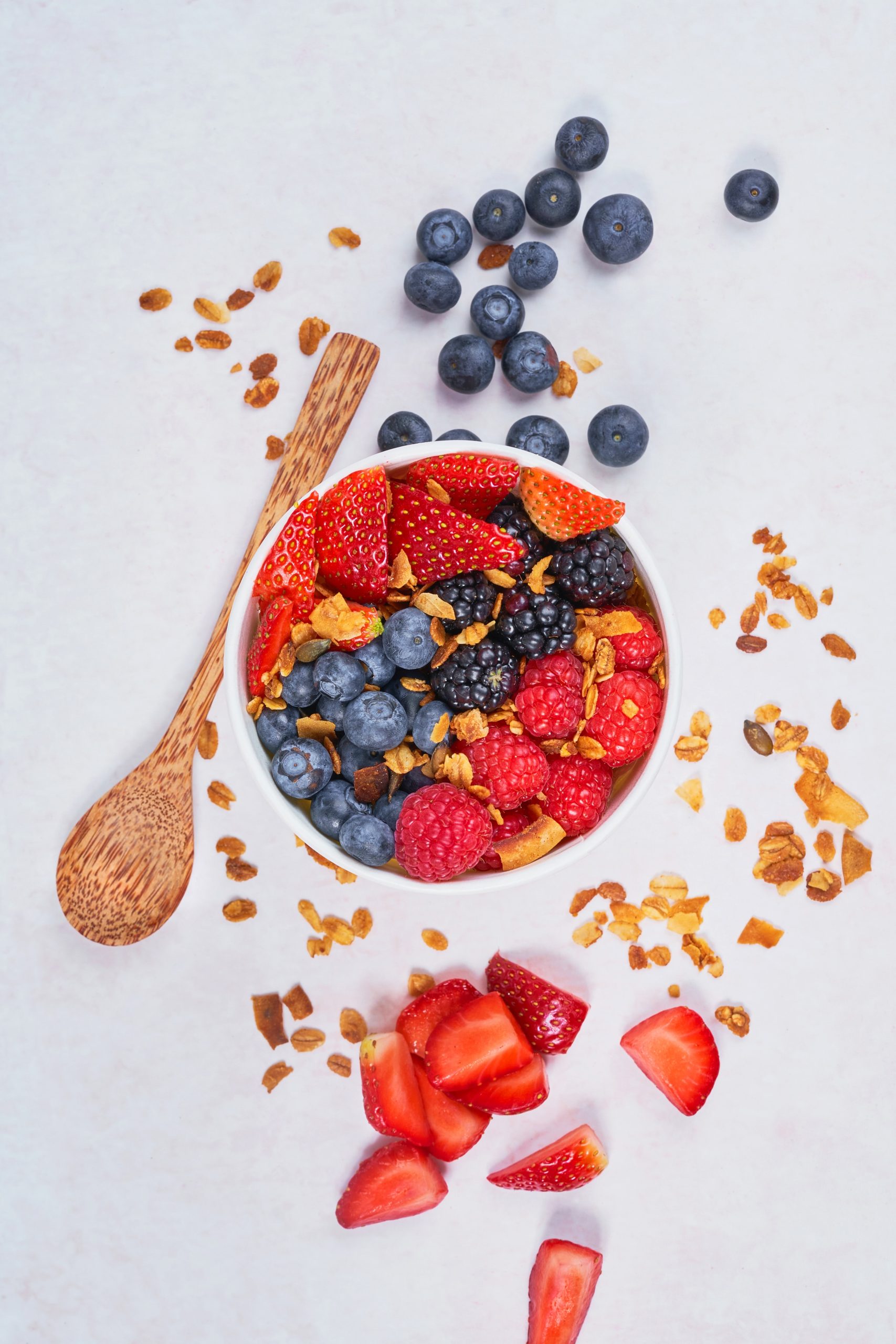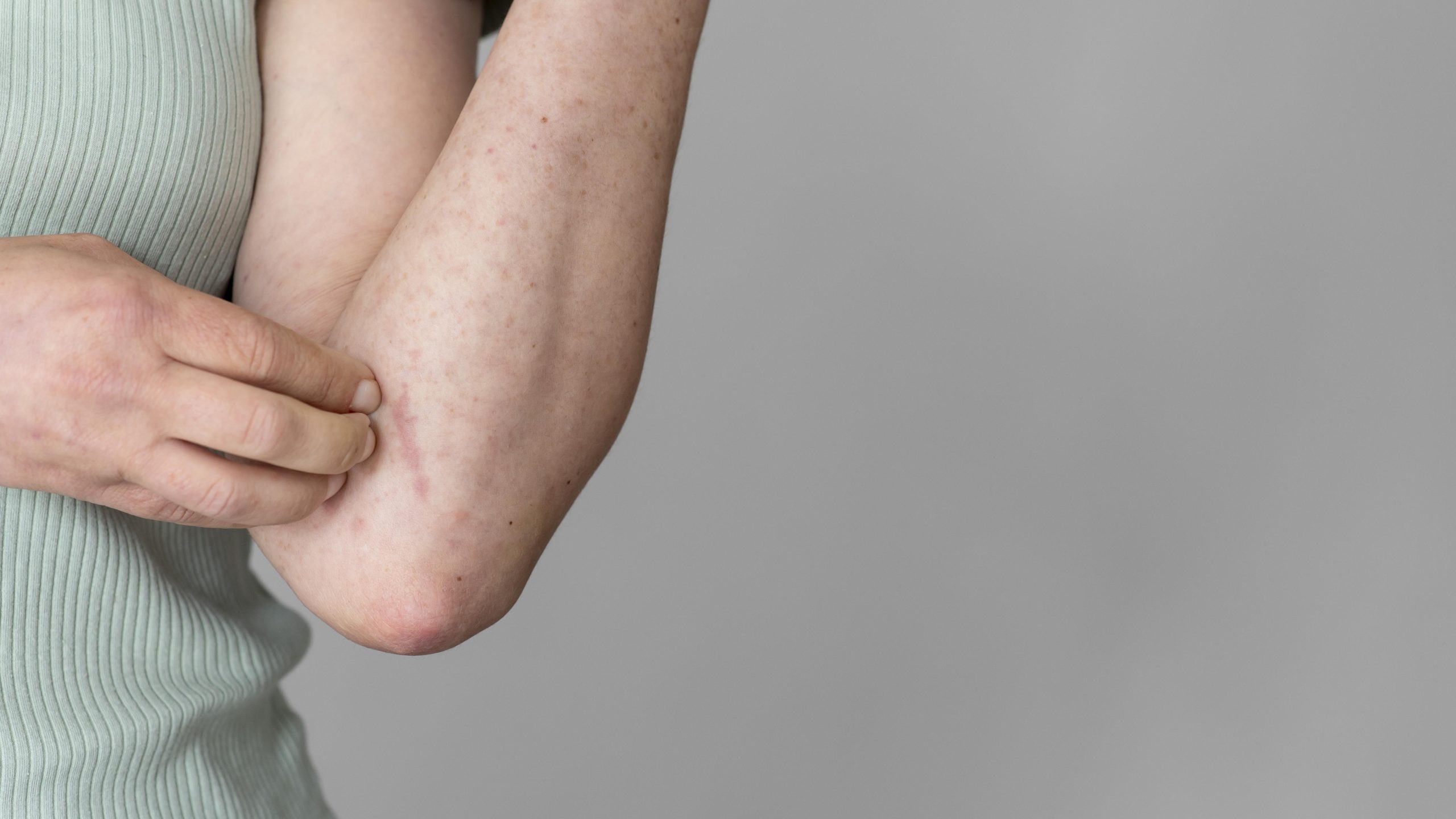I am happy to help you write an article about the surprising connection between diet and headaches. Many people are unaware that certain foods can trigger headaches, and making changes to your diet may be an effective way to reduce the frequency and severity of headaches.
The first step in understanding the connection between diet and headaches is to identify common trigger foods. Some of the most common trigger foods include caffeine, alcohol, chocolate, cheese, processed meats, and artificial sweeteners. These foods contain compounds that can trigger headaches in some people.
Caffeine is a common trigger for headaches. While caffeine can help alleviate headache pain in some people, excessive caffeine consumption can lead to rebound headaches. It is important to consume caffeine in moderation and avoid caffeine consumption in the late afternoon and evening, as it can interfere with sleep and contribute to headache pain.
Alcohol is another common trigger for headaches, especially red wine. Alcohol can cause dehydration, which is a common trigger for headaches. It can also dilate blood vessels in the brain, leading to headache pain.
Chocolate and cheese contain tyramine, an amino acid that can trigger headaches in some people. Tyramine is formed when certain foods are aged or fermented, such as aged cheese, smoked fish, and cured meats. It is important to identify your trigger foods and avoid them if they cause headache pain.
Artificial sweeteners such as aspartame and saccharin can also trigger headaches in some people. These sweeteners are commonly found in diet sodas, sugar-free gum, and other low-calorie products. It is important to read food labels carefully and avoid products that contain artificial sweeteners if they trigger headaches.
Making changes to your diet can be an effective way to reduce the frequency and severity of headaches. One way to do this is to follow a migraine diet, which eliminates trigger foods and emphasizes nutrient-dense foods such as fruits, vegetables, whole grains, and lean protein. This diet can help reduce inflammation in the brain and improve overall health.
In conclusion, the connection between diet and headaches is an important one that is often overlooked. Identifying common trigger foods such as caffeine, alcohol, chocolate, cheese, processed meats, and artificial sweeteners and making changes to your diet can be an effective way to reduce the frequency and severity of headaches. Following a migraine diet, which eliminates trigger foods and emphasizes nutrient-dense foods, can also be an effective way to manage headache pain. If you experience frequent or severe headaches, it is important to speak with your healthcare provider to determine the underlying cause and best course of treatment.










